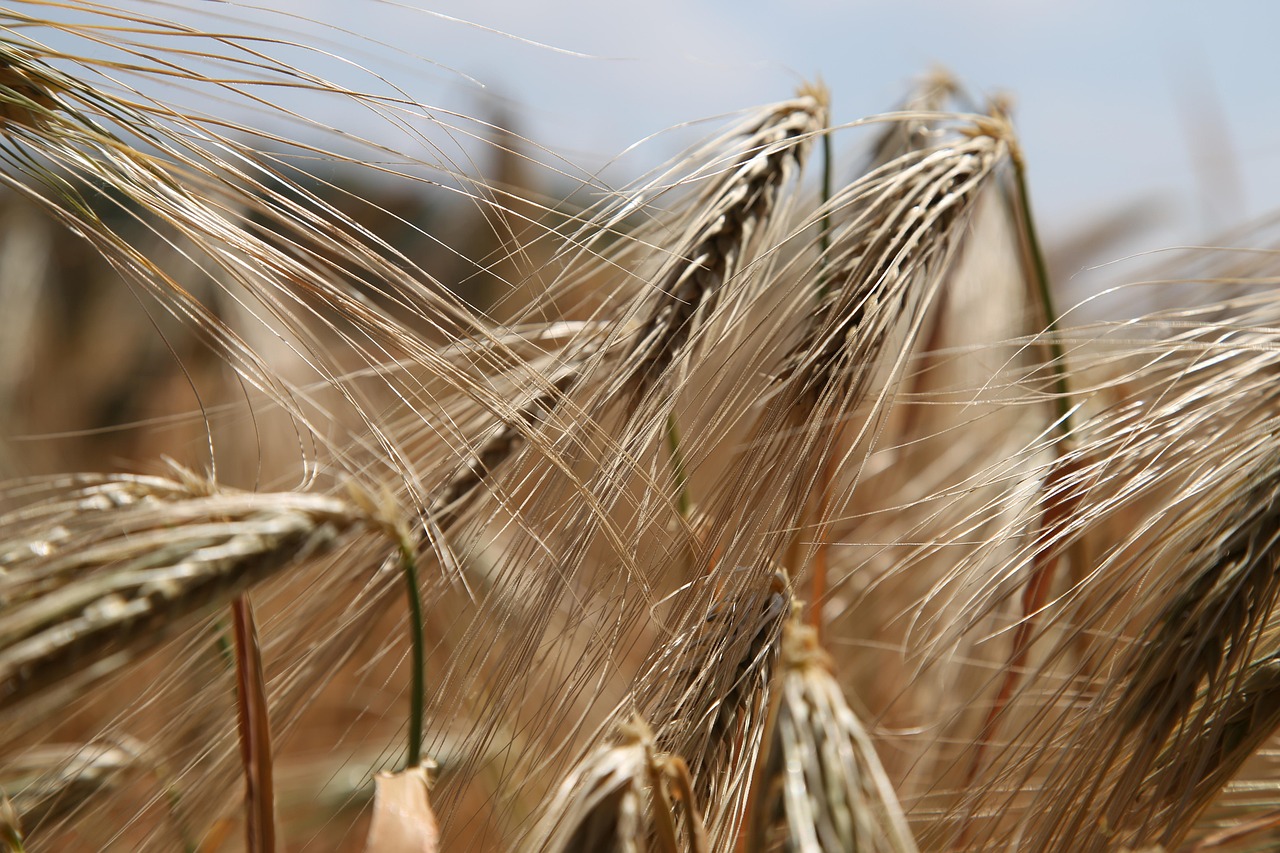
People with celiac disease are vigilant about avoiding gluten so they don’t end up with painful GI issues, but it’s not always foolproof. Scientists from four countries, including the US and Canada, have spent the past 6 years learning where in the gut the response to gluten begins and how.
Celiac disease is a genetic disorder that prompts the immune system to attack gluten. The small intestine produces enzymes that digest gluten into small peptides. Some of these small peptides don’t get fully digested and cross into the epithelium, which is the outer layer of the small intestine. That’s when the immune system gets triggered.
Using novel microscopic materials to create a model intestinal epithelium, scientists were able to observe the cells and molecules that activate the immune cells in the presence of gluten.
They saw that these epithelial cells present the gluten peptide to the immune system's T-cells, activating them. And these signals from the epithelial cells to the immune cells were stronger when bacterial pathogens were present exasperating the disease, which surprised the scientists.
Identifying the players, such as the epithelium, involved in the response to gluten may give scientists leads to test whether existing drugs targeting the epithelium can work in controlling celiac disease. These discoveries can also guide them in developing new drugs to modulate the immune response to gluten and maybe even cure the disease.
More Information
Gluten-Dependent Activation of CD4+ T Cells by MHC Class II–Expressing Epithelium
Intestinal epithelial cell (IEC) damage is a hallmark of celiac disease (CeD); however, its role in gluten-dependent T-cell activation is unknown. We investigated IEC-gluten-T-cell interactions in organoid monolayers expressing human major histocompatibility complex class II (HLA-DQ2.5), which facilitates gluten antigen recognition by CD4+ T cells in CeD.
Researchers crack a key celiac mystery: Where the gluten reaction begins
People with celiac disease must navigate everyday life by avoiding gluten, a protein in wheat, rye and barley which can trigger painful symptoms in the gut, impede the absorption of nutrients and raise the risk of other serious long-term issues.
Mayo Clinic: Celiac Disease
Celiac disease is an illness caused by an immune reaction to eating gluten. Gluten is a protein found in foods containing wheat, barley or rye.